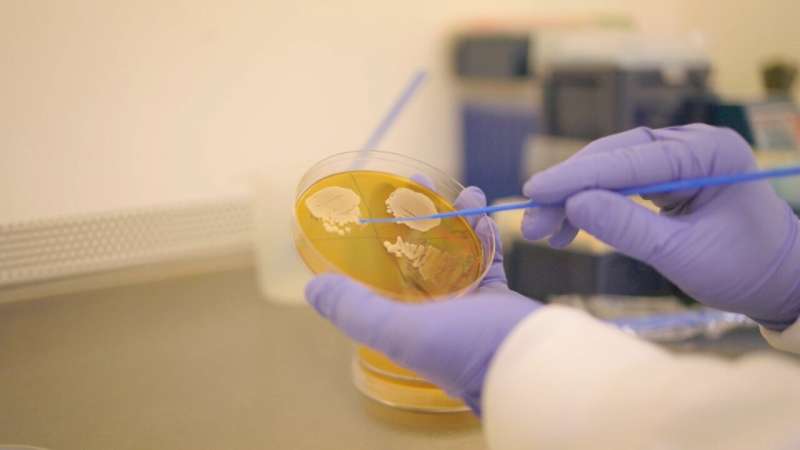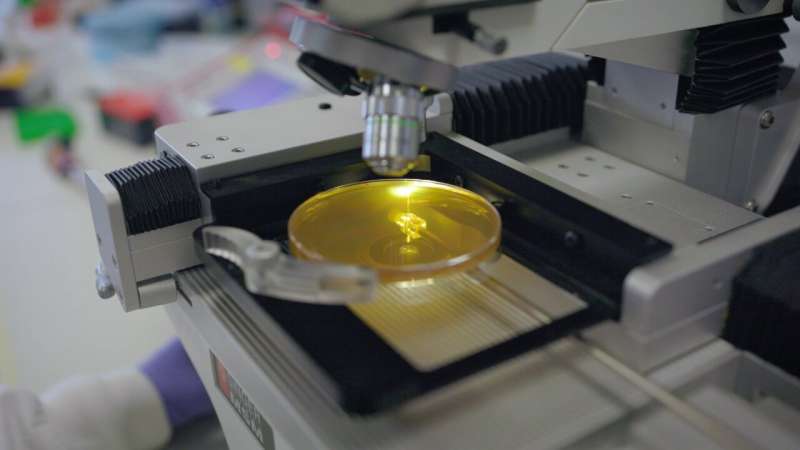This article has been reviewed according to Science X's editorial process and policies. Editors have highlighted the following attributes while ensuring the content's credibility:
fact-checked
preprint
trusted source
proofread
Yeast studies show that diet in early life may positively affect lifelong health

Researchers at the Babraham Institute are proposing an alternative link between diet and aging based on studies in yeast. Dr. Jon Houseley and his team's experiments show that healthy aging is achievable through dietary change without restriction by potentially optimizing diet, and that ill-health is not an inevitable part of the aging process. A version of their paper is currently available on the bioRxiv preprint server.
Scientists have long known that caloric restriction—intentionally consuming far less calories than normal without becoming malnourished—improves health in later life and may even extend life. However, studies in mice show that caloric restriction really needs to be maintained throughout life to achieve this impact, and the health benefits disappear when a normal diet is resumed. Dr. Houseley's new research conducted in yeast suggests an alternative to calorie restriction can lead to improved health through the lifecycle.
"We show that diet in early life can switch yeast onto a healthier trajectory. By giving yeast a different diet without restricting calories we were able to suppress senescence, when cells no longer divide, and loss of fitness in aged cells," said Dr. Dorottya Horkai, lead researcher on the study.
Rather than growing yeast on their usual glucose-rich diet, the researchers swapped their diet to galactose and observed that many molecular changes which normally accompany aging did not occur. The cells grown on galactose remained just as fit as young cells even late in life, despite not living any longer, showing that the period of ill-health towards the end of life was dramatically reduced.

"Crucially, the dietary change only works when cells are young, and actually diet makes little difference in old yeast. It is hard to translate what youth means between yeast and humans, but all these studies point to the same trend—to live a long and healthy life, a healthy diet from an early age makes a difference," explains Dr. Houseley.
Yeast are good model organisms for studying aging as they share many of the same cellular machinery as animals and humans. This avenue of research in yeast helps us to seek a more achievable way to improve healthy aging though diet compared to sustained and severe calorie restriction, although more research is needed.
More information: Dorottya Horkai et al, Dietary change without caloric restriction maintains a youthful profile in ageing yeast, PLOS Biology (2023). DOI: 10.1371/journal.pbio.3002245
Dorottya Horkai et al, Dietary change without caloric restriction maintains a youthful profile in ageing yeast (2022). bioRxiv DOI: 10.1101/2022.07.19.500645
Journal information: bioRxiv
Provided by Babraham Institute





















